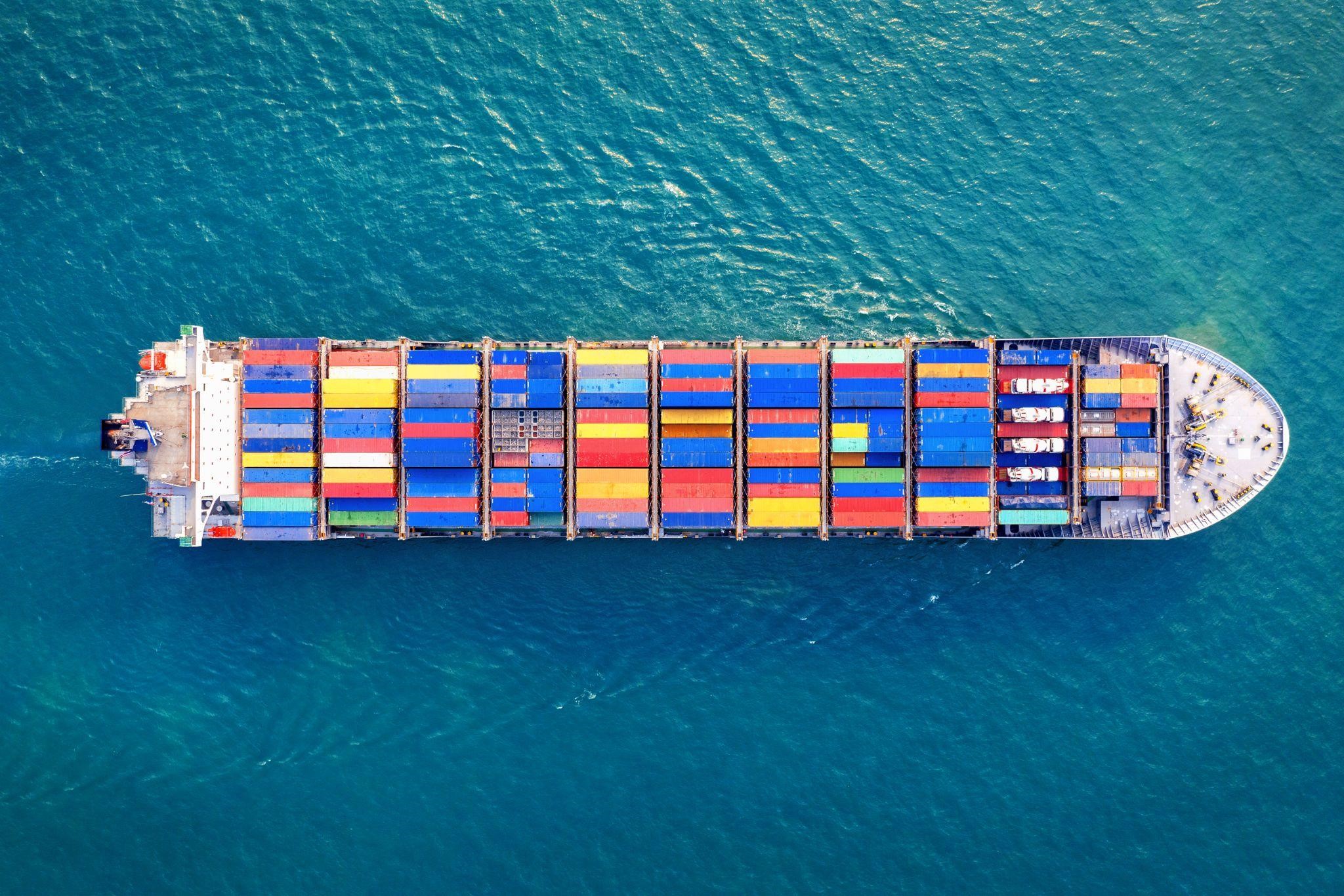Ever wondered how that giant stuffed bear you ordered online makes it from halfway across the world? Or how car dealerships manage to stock vehicles from all over the globe? The answer lies in the vast and fascinating world of sea freight. Buckle up, because we’re about to dive deep into this essential part of global trade.
Imagine a giant floating warehouse – that’s essentially what a cargo ship is. These colossal vessels, some stretching longer than several football fields, form the backbone of sea freight. They can hold truly mind-boggling amounts of cargo, efficiently transporting everything from furniture and toys to raw materials and even entire cars.
But how do they get all that stuff on and off the ship? Enter the heroes of the organization – standardized shipping containers. These big hollow metal containers do come in different sizes with the most common being the 20-foot Equivalent Unit (TEU), which is just a fancy name for “standardized shipping box.” Consider them as basic components of sea travel – they facilitate efficient loading, unloading, and stacking on ships, trucks, and trains.
Just like train stations on land, ports are the bustling hubs of maritime activity. Here, cargo gets loaded and unloaded onto ships, with dedicated terminals handling specific types of goods, like shiny new cars, enormous vats of olive oil, or those countless containers filled with all sorts of goodies.
Why Go With the Flow? The Advantages of Sea Freight
So, why choose sea freight over other options? Here’s the scoop:
Cost-effective Champion: For large volumes and long distances, sea freight reigns supreme in terms of affordability. Sharing ship capacity across vast amounts of cargo brings down the cost per unit significantly. Imagine splitting the gas bill with hundreds of people on a road trip – that’s kind of the idea!
Bulk Buster: Cargo ships are the ultimate champions of bulk transportation. They can handle massive quantities of goods, making them ideal for things like transporting mountains of grain, rivers of oil, or even entire fleets of vehicles.
Global Globe-Trotter: With navigable waterways connecting continents, sea freight offers unparalleled global reach. No matter where your shipment originates or needs to go, there’s likely a sea route to get it there. Think of it as a giant network of ocean highways!
Steady Sailor: While unpredictable weather can cause delays, ocean travel is generally less susceptible to disruptions compared to air freight, which can be affected by airspace restrictions or surprise snowstorms at specific airports. Sea travel might take a bit longer, but it’s a more predictable journey.
Planning and Considerations for Smooth Sailing
While sea freight offers numerous advantages, there are a few things to keep in mind before you set sail:
Patience is a Virtue: Sea travel takes considerably longer than air freight. Depending on the route and origin, shipments can take weeks or even months to arrive. So, if you’re expecting that birthday present overnight, sea freight might not be your best bet.
Port Patience (Part Two): Busy ports can experience congestion, leading to delays in loading and unloading cargo. Be aware of potential bottlenecks, especially for major shipping routes. Imagine rush hour traffic but on the water!
Paperwork Powerhouse: The shipping by sea involves a great deal of paperwork, such as customs declarations, bills of lading, and different permits. Avoid being drowned in this ocean of documents – teaming up with a trustworthy forwarder will help you with the documentation and the customs clearance.
Not for the Faint of Heart (or Stomach): Not all goods are suited for sea travel. Perishable items or those requiring specific temperature control might be better suited for air freight. Imagine shipping a tub of ice cream across the equator – not the best idea!
Different Types of Sea Freight
Sea freight caters to a diverse range of cargo, with different approaches depending on what you’re shipping:
Full Container Load (FCL): If you are shipping enough stuff to fill an entire container, FCL will give you the most cost-effective option. Imagine it as having your own private cabin on a ship – the container is for your cargo only.
Less Than Container Load (LCL): This option is very suitable for the shipment of small cargoes that do not fit completely in a container. Your items are grouped together with other shipper’s cargo into one shared container. It’s like car-pooling but for sea freight.
Bulk Shipment: For massive quantities of dry goods like grains or coal, bulk carriers are used. These enormous ships hold loose cargo directly in their holds. Picture giant floating silos!
Liquid Cargo: Tankers are the designated drivers for liquids. These specialized vessels are designed to transport things like oil, chemicals, or even liquefied natural gas. Imagine a giant metal thermos bottle carrying all sorts of interesting liquids across the ocean!
Ocean shipping continues to be a less appreciated player in the world of global trade, being a cost-affordable and dependable way of transporting vast amounts of goods worldwide. By mastering the basic principles, advantages, and factors that are involved, you will be able to make the right decisions about using maritime shipping as a platform for your business needs. Whether you are an experienced importer or simply looking into the process, this guide gives you the tools to confidently traverse the challenging sphere of sea freight. Hence, when you see a giant cargo vessel on the horizon one day, think about the purpose of this ship’s long and eventful voyage and realize the importance of this means of transportation for our global community.
